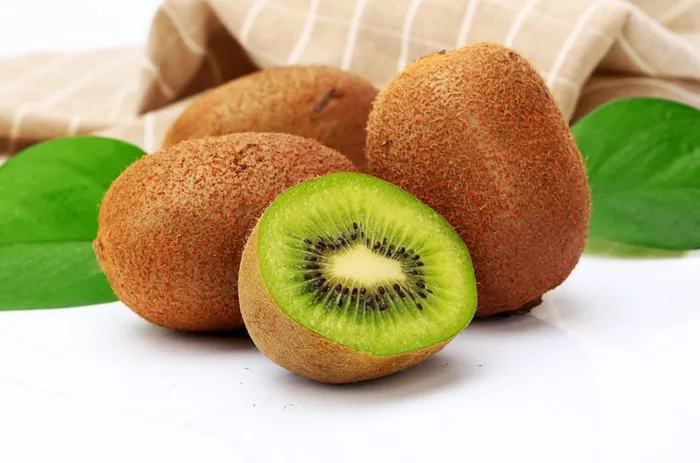Breakfast, often hailed as the most important meal of the day, plays a crucial role in setting the tone for our overall well-being. As we strive to adopt healthier lifestyles, understanding the significance of a protein-rich breakfast becomes imperative. This comprehensive guide explores the world of high protein foods for breakfast, shedding light on their nutritional benefits, diverse options, and the positive impact they can have on our daily lives.
Daily Protein Requirements
Understanding individual protein needs is crucial for crafting a balanced diet. Factors such as age, weight, physical activity, and overall health play a role in determining one’s daily protein requirements.
Benefits of a High Protein Breakfast
1. Satiety and Weight Management:
Protein-rich breakfasts can help control appetite and reduce overall calorie intake throughout the day, contributing to weight management.
2. Muscle Maintenance and Repair:
A sufficient protein intake supports muscle growth, repair, and maintenance, making it essential for those engaged in physical activities.
3. Blood Sugar Regulation:
Protein helps stabilize blood sugar levels, preventing sudden spikes and crashes, promoting steady energy throughout the morning.
High Protein Foods for Breakfast
1. Eggs
Eggs are a versatile and economical source of high-quality protein. Whether boiled, scrambled, or poached, eggs provide a nutrient-dense option for breakfast. The inclusion of eggs also offers essential vitamins and minerals.
2. Greek Yogurt
Rich in protein and probiotics, Greek yogurt is a popular choice for a high-protein breakfast. It can be paired with fruits, nuts, or granola for added flavor and texture.
3. Cottage Cheese
Cottage cheese is a dairy product packed with protein, calcium, and B vitamins. Its creamy texture makes it an excellent addition to breakfast bowls, smoothies, or as a standalone snack.
4. Lean Meats
Incorporating lean meats such as turkey, chicken, or lean beef into breakfast can significantly boost protein intake. Grilled or roasted, these meats add a savory element to morning meals.
5. Plant-Based Proteins
For those following a vegetarian or vegan lifestyle, plant-based protein sources like tofu, tempeh, and legumes offer nutritious alternatives. These options are not only high in protein but also rich in fiber and various vitamins.
6. Protein-Rich Grains
Opting for whole grains like quinoa, oats, or amaranth can enhance the protein content of breakfast. These grains also provide complex carbohydrates, promoting sustained energy release.
7. Protein Shakes and Smoothies
Convenient and customizable, protein shakes and smoothies have become go-to options for individuals on the move. Incorporating ingredients like protein powder, fruits, and greens can create a balanced and tasty breakfast beverage.
Creative High Protein Breakfast Recipes
1. Protein-Packed Omelette
Combine eggs with diced vegetables, lean meats, and a sprinkle of cheese for a flavorful and protein-rich omelette. Customize with herbs and spices for added taste.
2. Overnight Protein Oats
Prepare a simple yet nutritious breakfast by combining oats with Greek yogurt, chia seeds, and your favorite fruits. Allow the mixture to sit overnight for a quick and easy morning meal.
3. Quinoa Breakfast Bowl
Cook quinoa and top it with sautéed vegetables, a poached egg, and a drizzle of avocado or olive oil for a protein-packed and satisfying breakfast bowl.
4. Tofu Scramble
For a vegan-friendly option, scramble tofu with vegetables, spices, and nutritional yeast for a savory and protein-rich breakfast alternative to traditional scrambled eggs.
Tips for Incorporating High Protein Breakfasts into Daily Life
1. Meal Planning
Plan your breakfasts ahead of time to ensure a variety of high protein options. This helps avoid monotony and ensures a balanced intake of nutrients.
2. Balanced Macronutrients
Combine protein with healthy fats and carbohydrates for a well-rounded breakfast. This combination promotes sustained energy and supports overall nutritional needs.
3. Hydration
Pair your high protein breakfast with adequate hydration. Water, herbal teas, or freshly squeezed juices can complement your morning meal, aiding digestion and promoting overall well-being.
4. Listen to Your Body
Pay attention to your body’s hunger and satiety cues. Adjust portion sizes and protein intake based on individual needs and preferences.
[inline_related_posts title=”You Might Be Interested In” title_align=”left” style=”list” number=”6″ align=”none” ids=”4354,4261,3773″ by=”categories” orderby=”rand” order=”DESC” hide_thumb=”no” thumb_right=”no” views=”no” date=”yes” grid_columns=”2″ post_type=”” tax=””]

































